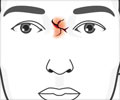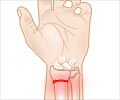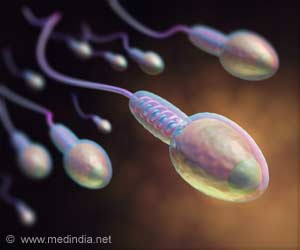A new study published in the May issue of The American Journal of Medicine has found that estrogen plays an important role in males as well.
A new study published in the May issue of The American Journal of Medicine has found that estrogen plays an important role in males as well. Low levels of the female sex hormone increase the risk of hip fracture in men, the study found. Those who had low levels of both estrogen and testosterone had the greatest risk.
The study was conducted by Shreyasee Amin, M.D., Mayo Clinic rheumatologist, and colleagues studying men from the National Heart, Lung and Blood Institute's Framingham Heart Study (http://www.framingham.com/heart) prior to her career at Mayo Clinic.The study examined 793 men who had their estrogen and testosterone levels measured between 1981 and 1983 and no record of prior hip fracture. They were followed until 1999. The men were categorized as having low, midrange or high levels of each hormone. The researchers also recorded hip fractures not associated with high trauma occurring since the study start. During the study, 39 men experienced a low trauma hip fracture (for example, incurred due to a fall from a standing height or less). Those with low estrogen levels (total estradiol levels below 18 picograms per milliliter) had 3.1 times the risk of hip fracture compared to men with high estrogen levels. There was no significant increase in hip fracture risk for men with low testosterone levels alone. However, men with both low estrogen and low testosterone levels had the greatest risk, with 6.5 times the risk of hip fracture compared to the men who had both estrogen and testosterone levels in the high range or midrange.
This study is the first to report the link between low estrogen and hip fracture in a study group of men from the general population followed over time.
Though many people associate testosterone with men and estrogen with women, men possess both hormones, according to Dr. Amin.
The researchers who undertook this study knew that low estrogen levels had been associated with low bone mineral density in elderly men, but any link to hip fracture, an important health risk in the elderly, was unknown. Hip fractures are worrisome in the elderly, especially in men, explains Dr. Amin. Up to 50 percent of men require institutionalized care after the fracture. Hip fracture also is linked to higher levels of mortality: up to 37 percent of men die within one year of fracture.
"These findings add further evidence to the important role of estrogen in the bone health of older men," says Dr. Amin. "It's important for us to know what puts men at risk for hip fracture so that we can better determine how we may prevent these fractures."
Advertisement
Source: Eurekalert











